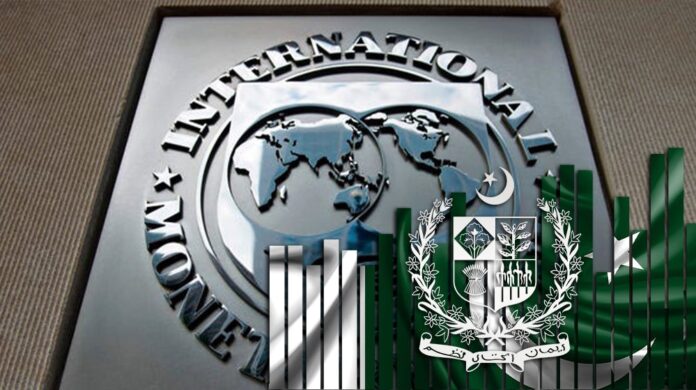A dispute between the Ministry of Finance and the Petroleum Division over an International Monetary Fund (IMF) condition to cut gas supplies to industrial captive power plants by January 2025 has exposed flaws in the negotiation of Pakistan’s $7 billion deal with the global lender, the Express Tribune reported.
According to the news report, the Petroleum Division argued during a meeting at the Prime Minister’s Office that it had expressed reservations about the condition during the programme’s negotiations. It warned that abrupt gas disconnection could lead to a financial loss of Rs427 billion, impacting government revenue and industrial operations.
However, the finance ministry maintained that the Petroleum Division was fully informed and involved in the decision-making process at the time.
The disagreement stems from the IMF condition requiring Pakistan to permanently halt gas supplies for in-house power generation by industries to encourage a shift to the national electricity grid.
This measure aims to optimise scarce gas resources, lower power generation costs, and boost electricity consumption. The Power Division, however, assessed that transitioning industries from gas to the national grid could take at least two years.
Despite multiple high-level meetings, including two chaired by Prime Minister Shehbaz Sharif, the standoff remains unresolved. Sources revealed that tensions escalated during one meeting when a minister aggressively defended their stance.
The IMF condition, part of around 40 benchmarks agreed under the financial assistance programme, was finalised in September.
According to the Petroleum Division, implementing the gas supply cutoff by the January 31 deadline is infeasible. It also highlighted potential economic repercussions, including the loss of Rs100 billion in cross-subsidies collected from industrial consumers to subsidise residential gas tariffs.
The finance ministry countered that drafts of the agreement had been shared with the Petroleum Division in May and June, and its feedback was incorporated. However, the Petroleum Division claimed it had repeatedly sought more time for implementation during negotiations.
The Petroleum Division further pointed to recent measures to phase out gas supplies to captive power plants, including higher tariffs and a reclassification of industrial consumers. It also noted that the government had increased liquefied natural gas (LNG) imports in 2023, creating a surplus now requiring utilisation.
The government and the IMF expect industries to transition to the national grid post-gas disconnection. However, there are concerns that industries might turn to alternative energy sources due to perceived inefficiencies and high costs associated with grid electricity.




